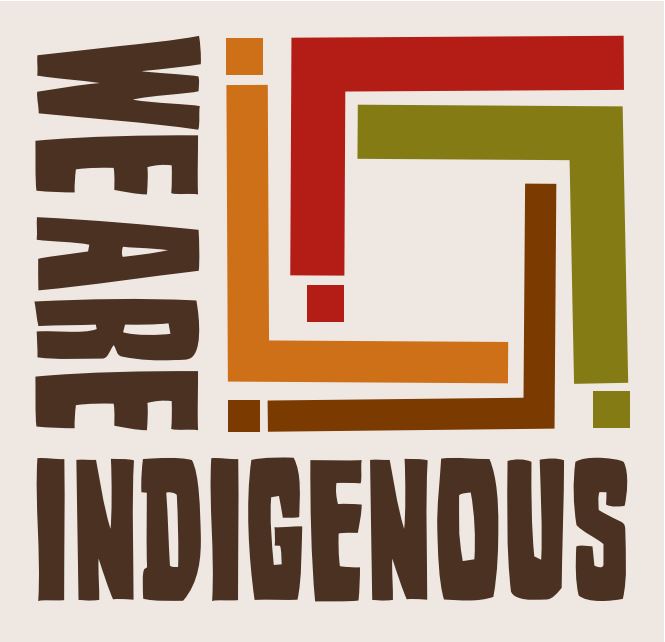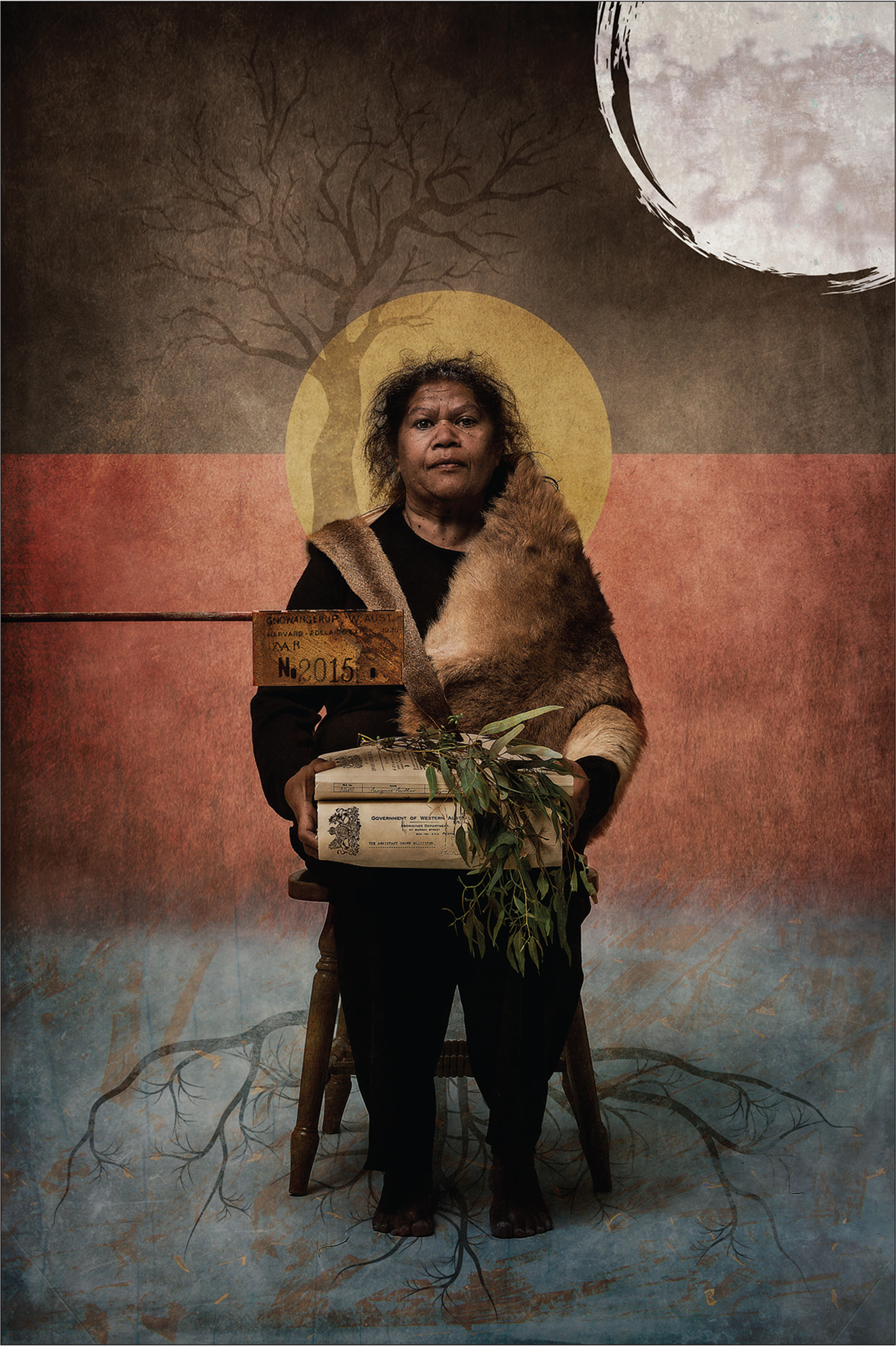Indigenous knowledge, often rooted in centuries of experiential learning, profound observations, and intimate relationships with local environments, plays a pivotal role in the quest for sustainable development. Its immense value becomes especially pronounced when juxtaposed against the Sustainable Development Goals (SDG) established by the United Nations in 2015. Comprising 17 interlinked goals, the SDGs are a universal call to address the pressing challenges of our times, including those related to poverty, inequality, climate change, environmental degradation, peace, and justice. While these objectives are laudably ambitious, their realization requires leveraging every reservoir of wisdom available, including indigenous knowledge systems.
At the heart of indigenous knowledge lies an intricate understanding of local ecosystems. This understanding, cultivated through generations, allows indigenous communities to maintain a harmonious relationship with nature, ensuring environmental sustainability (SDG 15). Their traditional agricultural methods, for instance, often prioritize ecological balance and biodiversity conservation over short-term gains, serving as valuable lessons in the context of SDG 2 (Zero Hunger) and SDG 12 (Responsible Consumption and Production). Indigenous fisheries practices, meanwhile, can offer sustainable models that alleviate overfishing concerns, promoting life below water (SDG 14).
Similarly, the community-centric ethos of indigenous societies aligns well with SDG 11, which emphasizes sustainable cities and communities. Their social structures, which often prioritize collective welfare over individualism, can provide insights into crafting urban policies that emphasize community well-being and cohesion. Moreover, indigenous practices often emphasize gender roles and responsibilities in a manner that underscores the importance of women in community decision-making processes, linking directly to SDG 5 on gender equality.
Furthermore, indigenous knowledge holds profound significance in the realm of combating climate change (SDG 13). As firsthand witnesses to the adverse impacts of climate fluctuations, many indigenous communities possess adaptive strategies rooted in their deep understanding of their habitats. These strategies, whether it's the construction of resilient dwellings or the cultivation of drought-resistant crops, can inform broader adaptation and mitigation efforts in the face of climate change.
Yet, for all its potential, the interface between indigenous knowledge and SDGs is not without challenges. The foremost among these is the vulnerability of indigenous communities to external pressures. Land grabs, deforestation, and the relentless march of industrialization often displace these communities, eroding their traditional way of life and the knowledge it sustains. There's a pressing need to recognize, respect, and integrate indigenous perspectives into the broader developmental narrative, ensuring not just the achievement of SDGs, but also the preservation of the rich tapestry of wisdom that indigenous communities offer.
International Day of the World's Indigenous Peoples: Celebrating Our Global Cultural Tapestry
Multi-Hazard Vulnerability and Resilience Building: Cross Cutting Issues, 2023, Pages 347-361
Water Conservation and Wastewater Treatment in BRICS Nations, Technologies, Challenges, Strategies and Policies, 2020, Pages 321-328


